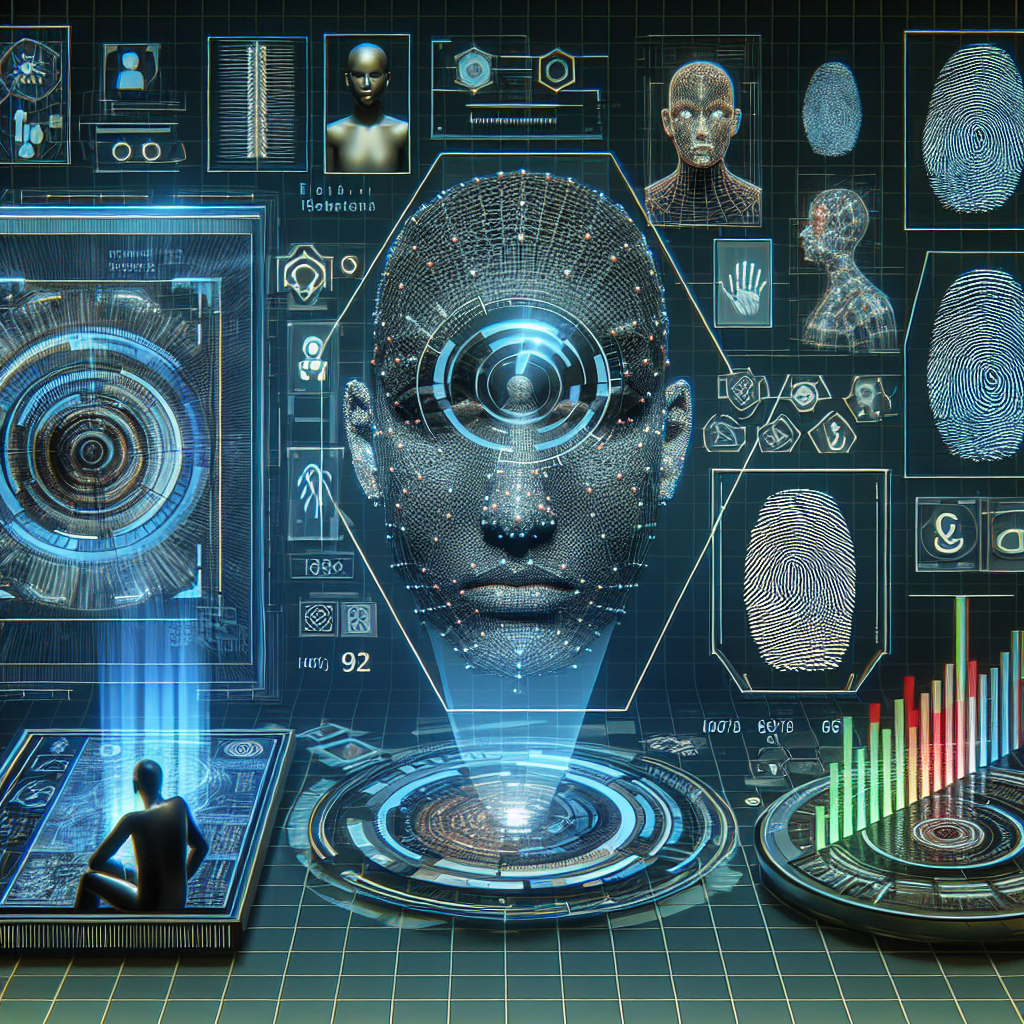Biometric Technology: The Future of Identification
Biometric technology is rapidly shaping the future of identification, offering a more secure and convenient way to verify a person’s identity. By utilizing unique physical or behavioral characteristics, biometric systems can accurately identify individuals, ensuring that only authorized individuals have access to sensitive information or secure locations.
Enhanced Security Measures
One of the key benefits of biometric technology is its ability to provide enhanced security measures. Traditional forms of identification, such as passwords or PINs, can be easily compromised or forgotten. Biometric identifiers, such as fingerprints, facial recognition, or iris scans, are much more difficult to replicate or steal. This makes it significantly more challenging for unauthorized individuals to gain access to secure areas or sensitive information.
Convenience and Efficiency
In addition to improved security, biometric technology also offers convenience and efficiency. Biometric identifiers are unique to each individual, eliminating the need to remember passwords or carry physical identification cards. This can streamline processes such as employee attendance tracking, airport security screening, or access to personal devices. By simply scanning a fingerprint or looking into a camera, individuals can quickly and easily verify their identity.
Versatility and Adaptability
Biometric technology is highly versatile and adaptable, making it suitable for a wide range of applications. From unlocking smartphones to securing bank accounts, biometric identifiers can be used in various industries to enhance security and streamline operations. As technology continues to evolve, biometric systems are becoming more sophisticated, offering greater accuracy and reliability in identifying individuals.
Privacy Concerns and Ethical Considerations
While biometric technology offers numerous benefits, it also raises concerns about privacy and ethical considerations. Collecting and storing biometric data can be seen as intrusive, leading to worries about potential misuse or unauthorized access. It is crucial for organizations implementing biometric systems to prioritize data protection and ensure that individuals’ privacy rights are respected.
The Future of Identification
As biometric technology continues to advance, it is likely to play an increasingly prominent role in the future of identification. With its combination of enhanced security, convenience, and versatility, biometric systems offer a compelling alternative to traditional forms of identification. While challenges related to privacy and ethics remain, the potential benefits of biometric technology are undeniable. By embracing this innovative technology, organizations can improve their security measures, enhance operational efficiency, and provide a more seamless user experience.






